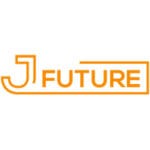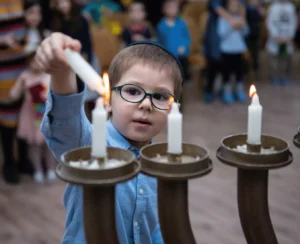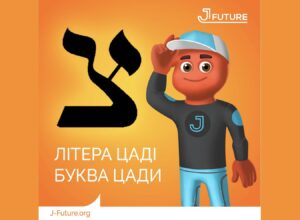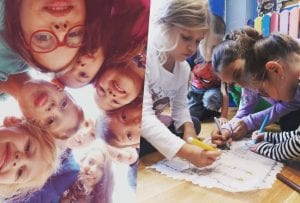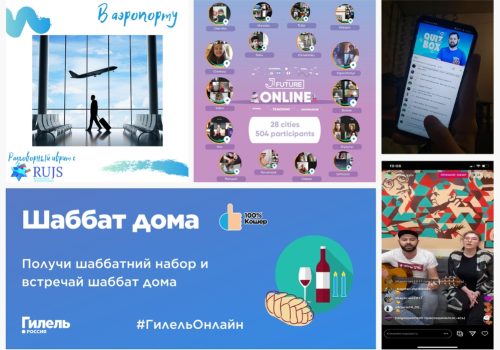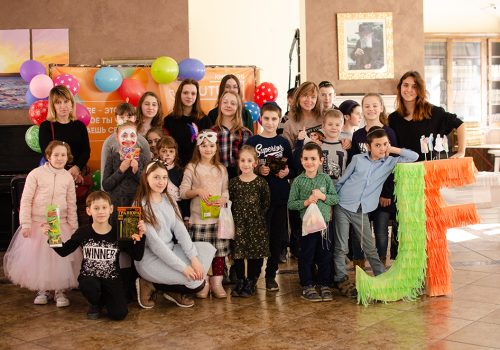JFuture – Sunday educational platform with the use of new technologies and teaching methods, where children and parents will get new knowledge, take advices from professional specialists and can spend time productively in a warm family atmosphere.
Creating a JFuture – an educational platform to involve non-affiliated Jewish families and strengthen the Jewish heritage.
Principles:
- Jewish heritage: studying the history and traditions of Jewish people
- Novelty in learning: A system of unique, creative, and intellectual development that helps to open up and “unlock the potential”. Studying process based on STEAM approach stands for Science (Science), Technologies (Technology), Engineering (Engineering), Art (Art) and Math (Mathematics). All these components are related to the most promising and prospective sectors and areas of the future.
- Global Jewish Network: the feeling of unity of the Jewish people, regardless of the place of living, a sense of belonging to the global Jewish community.
- Warm family atmosphere: A platform where you can discuss topics of interest, learn, develop and feel like at home.
JFuture platform opens on the basis of a community center. The project involves weekly Sunday meetings for groups of children and parents.
Participants unite in age groups: J-fan 5–6 years old, J-lab 7–9 years old, J-prof 10–12 years old, parents. In each age group – from 6 to 15 people. Lessons are held in different formats: separately for children and parents and once a month for all groups together. Sunday platform includes 3 hours of productive classes for each age group. It is suggested to have 15-minute breaks for participants between classes (if possible).
Project programs are developed by leading experts and are based on best practices. They are interactive and focused on practical application. In each lesson we use multimedia equipment (interactive Smartboard, projector, etc.). Lessons are developed for three age groups, taking into account individual age features. For the smallest, we use lego-technology. This makes the lesson unusual, interesting, attracts children’s attention and allows them to better absorb the material.
For all questions related to the project, you can contact the EAJC Israeli branch: [email protected]
JFuture - Sunday educational platform
